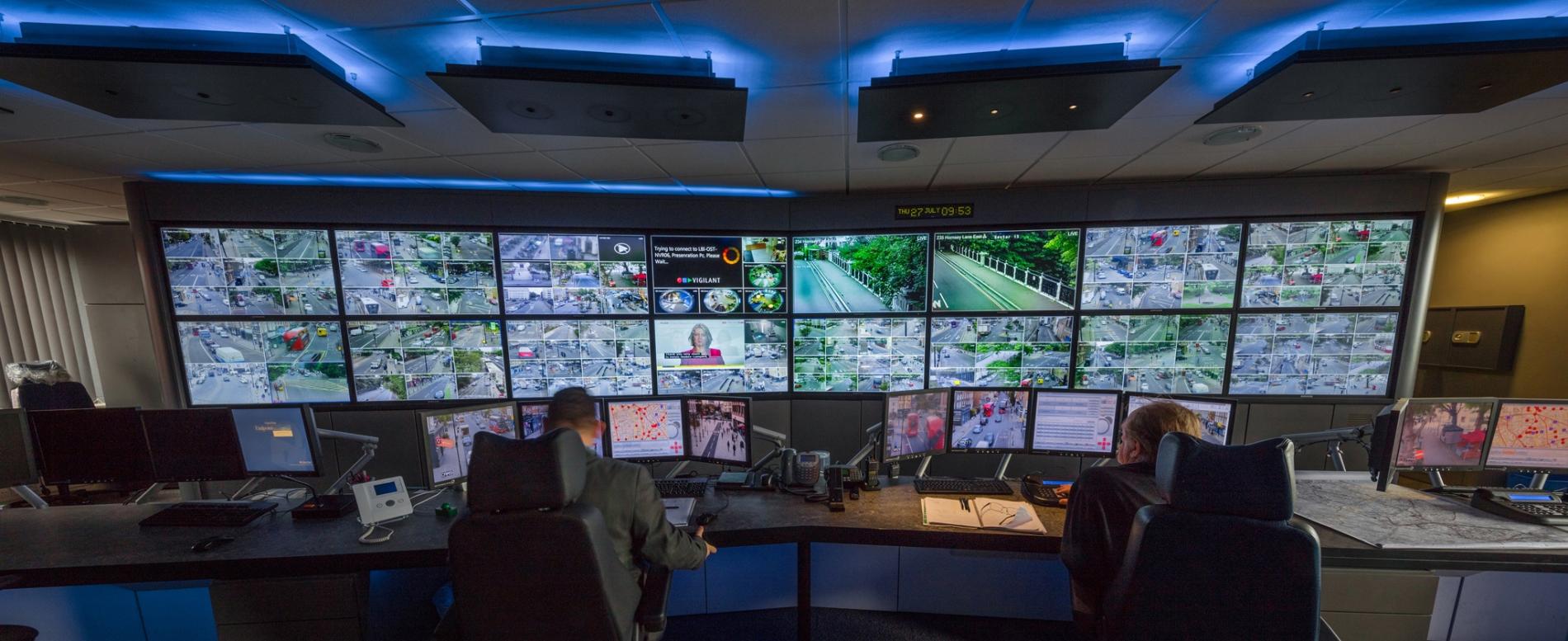What will the city of the future look like? Like a lot of cities, Glasgow has an idea. Unlike a lot of cities, Glasgow is actually bringing its vision to life.
In 2013, Glasgow City Council won £24 million in a competition to become a model for demonstrating smart city technology at scale. Here’s how the city is using the latest technology and open data culture to reinvent itself:
The city of the future is transparent.
Glasgow realised straight away that you can’t take advantage of Big Data analysis tools unless you have loads and loads of data. Glasgow City Council moved to embrace an open data culture – declaring that all its non-sensitive and non-personal information would be open by default and freely shared. Initially, the council’s push for more open data was met with scepticism by some but the council persevered, saying open data is easier to analyse and share. They made their case using visualisation tools, such as the PowerMap plugin for Excel, which helped stakeholders grasp the power of data analysis. As the appetite for insights grew, so did the willingness to share data.
From our partners:
The city of the future is responsive.
Of course, it’s not enough to simply have access to troves of data. An organisation needs to be able to store, sort, search and analyse data quickly and easily. That kind of capability would have required an expensive infrastructure investment in the old days of keeping everything on-premises. Luckily, Glasgow opted for a cloud solution: Microsoft Azure. Now they’ve got a powerful storage solution that scales, keeping costs contained.
The city of the future is an engine of growth.
What does all that joined-up data get Glasgow in the end? For starters, services are more efficient, as analysis tools such as Power BI, let the city allocate resources more effectively. But that’s really just the start. Because Glasgow is committed to open data, people outside of city government can also access the data. Citizens can make better use of services and feel more engaged. Businesses can spot opportunities for growth. Communities can prosper.
Glasgow isn’t stopping there.
It is using the power of the Internet of Things to process and analyse data from sensors across the city. It is helping developers make apps based on city data. It is encouraging the formation of new businesses that can use this data to thrive. It is becoming a model for other cities to follow.
This feature is adopted from Microsoft















